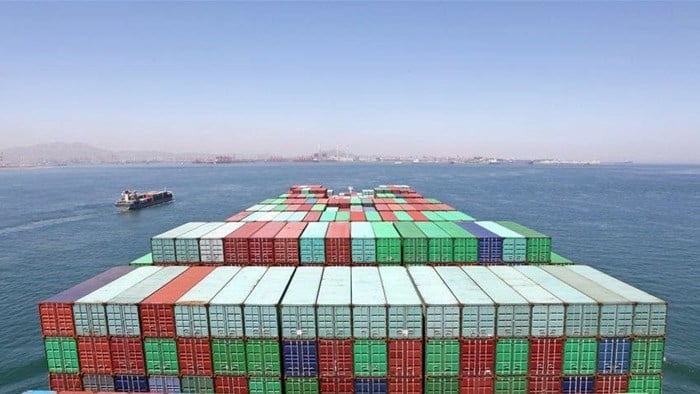According to the South African Meat Processors Association (Sampa) and the South African Association of Meat Importers & Exporters (AMIE SA), an urgent action plan by government is needed to ensure imported perishable food containers are re-routed to inland cold storage facilities, as KwaZulu Natal facilities have been severely impacted by the recent unrest.
This is critical if South Africa wants to avoid chronic food shortages across the country, specifically for the poorest who rely on affordable chicken and meat products such as polony, as their primary sources of protein.
There are currently 290 reefer containers (temperature-controlled containers) that require an urgent cold storage remedy, with many more containers en route from international markets to offload at the port of Durban.
The unrest in KwaZulu-Natal, compounded by the recent cybersecurity hack on Transnet’s IT systems, which affected its operations, has created major backlogs for both exports and imports in the Durban port.
As a result, the port is running short on space to store containers and running out of plug points used to keep containers cool, which will result in massive food wastage if not resolved immediately, says Sampa and AMIE SA. Exacerbating the matter are the events of the past two weeks which have severely impacted key cold storage infrastructure in the province.
Besides requiring an urgent solution for cold storage of containers, an additional complication lies in the micro-biological, phytosanitary testing of food product coming into the port, and the authorities curtailed capacity to test arriving product due to the damage to some testing labs.
Sampa and AMIE SA have written to DALRRD and the DTIC, recommending urgent intervention and a solution, which is to allow fully sealed containers to be transported to inland cold storage facilities, where the inland veterinary teams can follow normal testing and release procedures. In this process, consignments will be held in bond until cleared for release.
The associations say this is a 'perfect storm' that could lead to food shortages over the coming weeks.
"This is not a matter that can only be resolved by Transnet. We need the Department of Agriculture, Land Reform and Rural Development (DALRRD), and the Department of Trade, Industry and Competition (DTIC) to intervene to implement a solution with speed, and to communicate that plan with all stakeholders," says Peter Gordon, CEO of the Sampa.
"Even if testing were able to resume to normal levels, there is nowhere to send cleared product to, as processors and cold storage facilities have been destroyed, damaged or closed during the unrest," says Gordon.
Given the disruption to retail value chains, distribution and cold storage facilities, producers have had to ramp up their orders to replace what was lost in the value chain, says the associations. Consequently, it is expected that the problem will be exacerbated in the weeks ahead.
South Africa’s processed meat sector relies heavily on imported ingredients for the production of processed meats, such as polony, viennas and russians. The imported ingredients include mechanically deboned meat (MDM), which South Africa is unable to produce in sufficient quantities, so it must be imported. In May 2021, prior to the unrest, 16,000 tonnes of MDM was imported to South Africa, 75% of which came into the country via the Durban port. Much of this product is destined for inland producers who employ thousands and feed millions of South Africans.
South Africa also imports chicken to augment local production to meet the needs of local consumers. Local poultry and pork producers are also being impacted as they import animal feed, which is also being held up in the port.
"We estimate that it will take between 3 and 18 months to rebuild, repair and resume operations at strategic cold storage and processing facilities that were impacted in the province. The current blockages are not only impacting importers, but also exporters of South African products, including fruit and wine.
"We are already seeing a knock-on effect across the entire food value chain. As animal feed is bottlenecked in the port, farmers are unable to feed their livestock and are having to slaughter their animals. The issue is that abattoirs have a limited capacity, so the entire system is under threat," says Paul Matthew, CEO of AMIE SA.















































